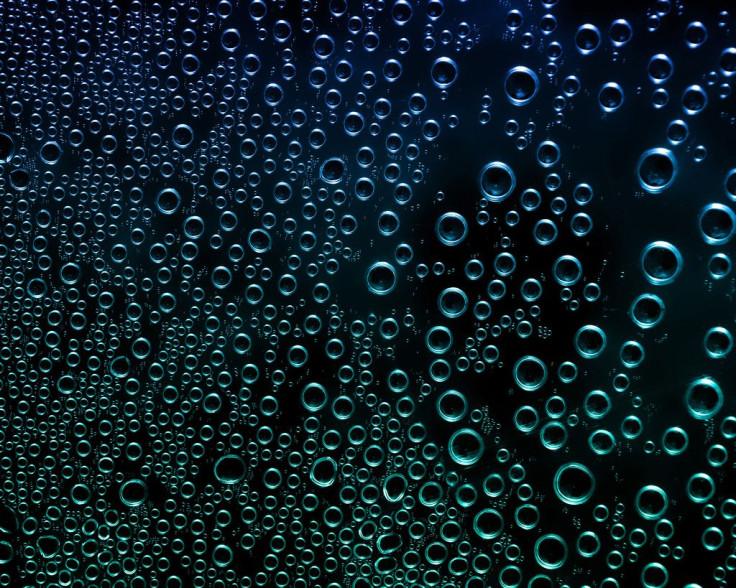Is Sparkling Water Bad For Your Teeth? Seltzer Is Better Than Soda, But Regular Water Wins

Sparkling water is often the ultimate fix if you need to cut through the taste of lunch and workday afternoons, and it’s healthier than soda. For the most part. It turns out that seltzers may not be totally great for your oral health.
Atlantic journalist Olga Khazan sparked a conversation on Twitter last week after throwing out a question to dentists: Could sparkling water — the ones with fancy names like La Croix, Perrier, and Pellegrino — be bad for your teeth?
Dentists: Please settle this one for me -- is non-sugary, sparkling water (like La Croix) bad for your tooth enamel? Why or why not?
— Olga Khazan (@olgakhazan) January 26, 2016
Carbonated, sparkling, fizzy, and seltzer water are all typically the same thing; they involve carbon dioxide being dissolved into regular water (carbonation), providing the bubbles. Though the average unflavored seltzer water contains much less sugar than a Coca Cola or even ginger ale, it still contains carbonic acid, which — depending on its pH level — can wear on tooth enamel over time. Dentists will generally agree that sparkling waters are all different, and some contain more ingredients than just water — like salt, sodium citrate, potassium citrate, or other additives.
A 2007 study found that flavored sparkling waters were acidic and “potentially erosive” on teeth. Exposing teeth to flavored sparkling waters for 30 minutes resulted in the teeth being affected in a corrosive way, similar to the way orange juice wears on the teeth, as the acidity in sparkling water is about the same as that in oranges. While the fruits may be good for your body, they aren’t always that good for your teeth. But the levels of corrosion were so low, you’d have to drink a lot of sparkling water (or eat a lot of oranges), to really damage your teeth.
Besides, other studies have found that seltzer is generally pretty safe to drink. Despite past rumors that carbonation could hurt your bones, recent studies found that sparkling waters didn't lower bone density, unlike the negative effects of soda.
Ultimately, flushing down your seltzer water with a bit of regular water is the way to go. “For an average, healthy person, carbonated, sugar-free beverages are not going to be a main cavity-causing factor,” Andrew Swiatowicz, a dentist in Delaware, told The Atlantic. “If you are at all concerned, you can always dilute the carbonated water with regular water, or even just swish with regular water after.”
But perhaps the best thing about sparkling water is that it hydrates you just like regular water. So for people who tend to dehydrate themselves on coffee and soda, it’s better to switch to sparkling water as a healthier alternative — and you might even improve every aspect of your health if you give up sugary sodas entirely.



























